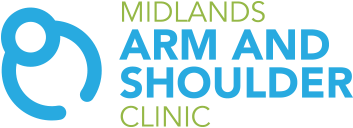What is a Rotator cuff?
Your rotator cuff is a group of four muscles and their tendons that surround the shoulder joint. The rotator cuff helps stabilize the shoulder, allowing for smooth and coordinated movement of the arm. These muscles and tendons work together to facilitate lifting and rotating the arm.
What is Rotator cuff repair?
Rotator cuff repair is a surgery to repair an injured or torn rotator cuff. It is usually performed arthroscopically on an outpatient basis. An arthroscope is a small, fibre-optic instrument consisting of a lens, light source, and video camera. The camera projects images of the inside of the joint onto a large monitor, allowing your doctor to look for any damage, assess the type of injury and repair it. Large rotator cuff tears may require open surgery.
When is Rotator cuff surgery necessary?
Your doctor may suggest surgery to treat rotator cuff tears if you:
- do not respond to non-surgical treatment options
- have severe shoulder pain and experience loss of strength
- you want to return to sports soon
What are the symptoms?
Symptoms that may indicate a need for rotator cuff repair surgery include:
- Persistent shoulder pain, especially at rest or during certain movements.
- Weakness in the shoulder, making it difficult to lift or rotate the arm.
- Decreased range of motion in the shoulder joint.
- Difficulty performing activities of daily living, such as reaching overhead or behind the back.
- Audible popping or clicking sensations in the shoulder.
- Symptoms that do not improve with conservative treatments such as rest, physical therapy, or medications.
Injuries and conditions that affect your Rotator cuff
Several injuries and conditions can affect your rotator cuff, including:
- Rotator cuff tears: Partial or complete tears in one or more of the rotator cuff tendons, often resulting from trauma, overuse, or degenerative changes.
- Tendonitis: Inflammation of the rotator cuff tendons, typically due to repetitive overhead motions or shoulder overuse.
- Impingement syndrome: Compression of the rotator cuff tendons between the bones of the shoulder joint, leading to pain and reduced function.
- Bursitis: Inflammation of the fluid-filled sacs (bursae) surrounding the shoulder joint, often occurring in conjunction with rotator cuff injuries.
How to prepare for a rotator cuff repair surgery?
To prepare for rotator cuff repair surgery, you may need to:
- Undergo preoperative evaluations, including medical history, physical examination, and diagnostic imaging tests (such as X-rays, MRI scans, or ultrasound) to assess the extent of the injury.
- Discontinue certain medications or supplements that may increase the risk of bleeding or interfere with anaesthesia, as directed by your healthcare provider.
- Make arrangements for postoperative care and rehabilitation, including assistance with activities of daily living and transportation to and from the surgical facility.
- Follow instructions regarding fasting before surgery and any specific preoperative protocols provided by your surgeon.
What does the recovery process include?
Recovery from rotator cuff repair surgery varies depending on factors such as the extent of the injury, the type of surgery performed, and individual healing factors. Generally, recovery may involve:
- Immobilisation of the shoulder with a sling or brace immediately following surgery to protect the repair and promote healing.
- Physical therapy or rehabilitation exercises to gradually restore strength, flexibility, and range of motion of the shoulder joint.
- Gradual return to activities and sports, following the guidance of healthcare providers and rehabilitation specialists.
- Full recovery may take several months, with some individuals requiring ongoing management to prevent recurrent symptoms or complications.




